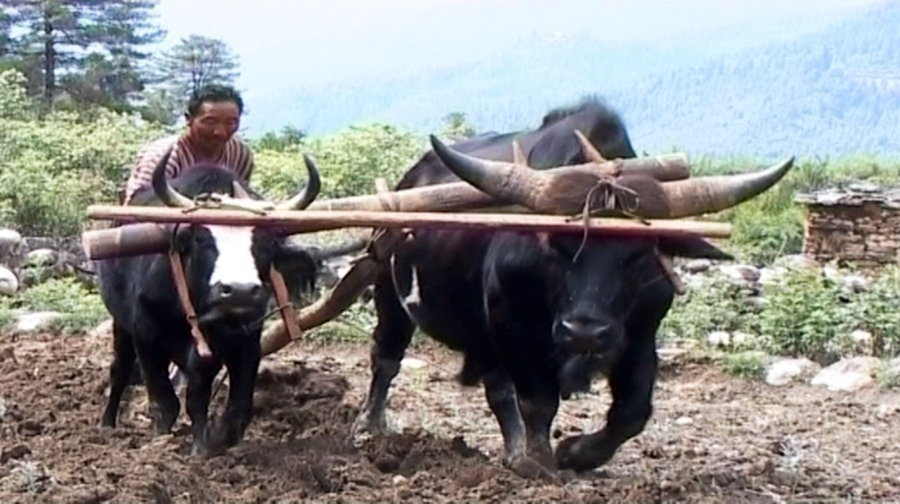
Cattle owners in Bhutan may be exempt from paying the cattle tax if the Cattle Tax Exemption Bill of 2024 is approved. The Bill was introduced in the National Assembly today. The Finance Minister, also the member in charge of the Bill, stated that exempting the cattle tax will encourage farmers to invest more in cattle rearing. Currently, the cattle tax is based on the Revised Taxation Policy of 1992.
Cattle tax is levied on owners of all cattle, including cows, horses, mithun, buffaloes, mules, goats, and sheep.
As of today, the tax rates range from Nu 1 to Nu 10 per head.
According to the Revised Taxation Policy 1992, owners are taxed Nu 1 per head for up to ten animals. If the number exceeds ten, owners are taxed Nu 5 per head, and for sheep, the tax remains at Nu 1 per head.
While a waiver for the cattle tax was proposed during the drafting of the Property Tax Bill 2022, it could not be included as cattle tax is not related to immovable properties.
According to the finance minister, the exclusion of cattle tax will not have any impact on local government finances.
The revenue generated from the collection of cattle tax across the country amounts to less than Nu 500,000 each year.
“Even though people in rural areas are imposed cattle tax, it does not contribute much revenue to our government. In 2015, revenue generated from collection of cattle tax amounted to more than Nu 300,000, around 370,000 in 2016, and more than 460,000 in 2017 and 2018. If we waive cattle tax, the number of imported butter and cheese might also reduce,” said Lekey Dorji, Finance Minister.
Discussions on the Cattle Tax Exemption Bill will continue next week.
Deki Lhazom
Edited by Sonam Pem








